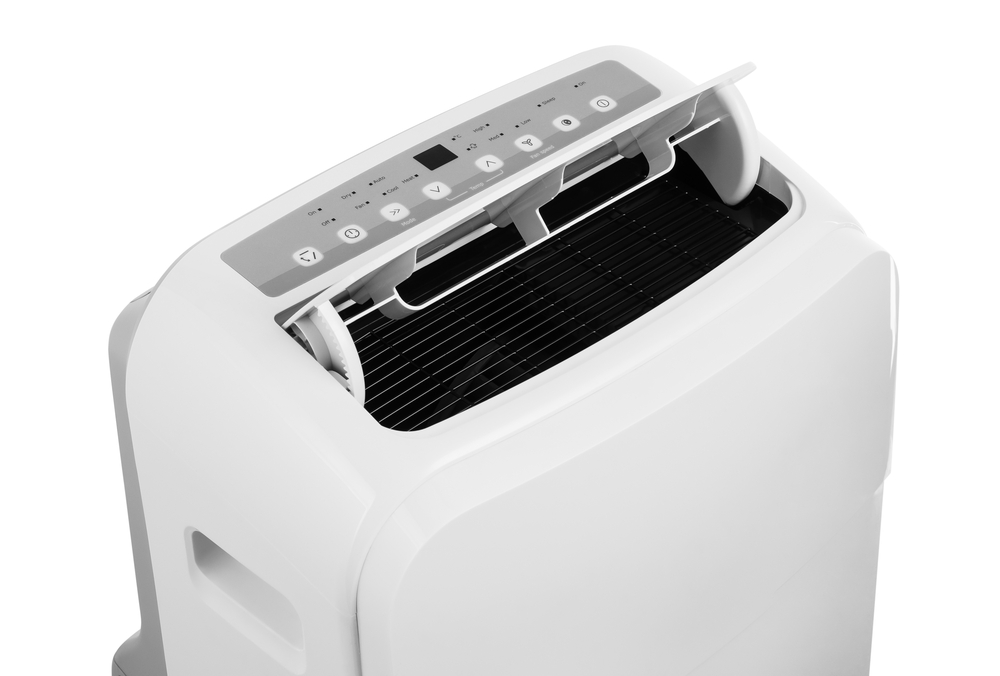What's The Difference Between a Dehumidifier vs Air Filter?
October 11, 2018
We are the go-to heating and air conditioning contractors in Maryland.
And thanks to all the unpredictable weather that Maryland endures, we stay busy all year. Since fall is here, we can say goodbye to air-conditioning for now, but it may be a little too early crank up the thermostat just yet. But who doesn’t love a few open windows to let in the fall breeze? Well, ok. It is allergy season after all, and some might take it harder than others. Instead of arguing with your household about weather the windows stay open or closed over night, a convo about how a dehumidifier vs air filter could be more productive to make sure everyone is comfotable. So here, we’d like to provide you with some information about dehumidifiers vs air filters, because going into allergy season, it might be necessary to learn how they work and how they differ.
Air Filters
Air filters purify and clean the air by circulating air through a filter—removing dust, smoke particles, and pollen from the air you breath. May prevent mold build-up as it removes pollutants from the air. Although air filters can’t control humidity levels in a house, excessive moisture can cause mold to return.
Our Electrostatic air filters combine superior filtration efficiency MERV 15, with pathogen-killing technology to deliver maximum air purification. It’s designed for minimal maintenance that is limited to simply replacing the air purification cartridge and a quick inspection/brush cleaning.
 Dehumidifiers
Dehumidifiers
The dehumidifier's primary function is to eliminate excessive moisture from the air and bring down the humidity levels within a room. Not meant to clear nor filter air, it does help remove allergens, like mold and dust mites, which thrive in a high-moisture or humidity environment. When the humidity level drops below 50%, the sources, which cause allergies and asthma, deteriorate.
Our dehumidifier systems work throughout the entire home, removing up to 50% more water per kilowatt hour than other systems. An automatic control lets you set it up, and forget about it, so you’ll never have to manually control the dehumidifier again!
For healthy, comfortable air, this is your best bet. The benefits and results speak for themselves:
Energy Efficient and Renewable Energy
Provides three times the moisture removing capacity of leading portable dehumidifiers up to 135 pints or 16.88 gallons per day.
No messy tanks to empty and clean—ever!
Automatically senses moisture levels and maintains optimum humidity levels in your home, never too much, or too little and running only when needed.
Switches automatically between whole-house dehumidification when central air-conditioning system is running, and localized dehumidification when your air-conditioning isn't running.
Convertible from whole-home to localized application lets you solve excess moisture issues where you need it most from crawl spaces to attics and basements.
Can be operated manually, allowing you to monitor and control moisture levels in a specific location such as your basement or master bedroom (optional Living Space Control is required).
From professional heating and air conditioning contractors in Maryland, we know all about regulating the air quality inside your home. Air filters clean indoor air, but don’t control indoor humidity levels. They remove dust and smoke from the air, along with allergenic substances common in the air this time of year. Dehumidifiers reduce the water in the air, killing mold than your home can accumulate during the fall. So when the big question about the different functions of a dehumidifier vs air filter comes up in your household, you'll know all about what sets them apart.
We hope we've answered any questions you may have had about the differences between a dehumidifier vs air filter. Any more information, feel free to contact us.
Exploring and Comparing the Different HVAC Heating Systems
December 18, 2023
Need to install a brand new heating system and you are wondering what the best solution is? This blog will help.